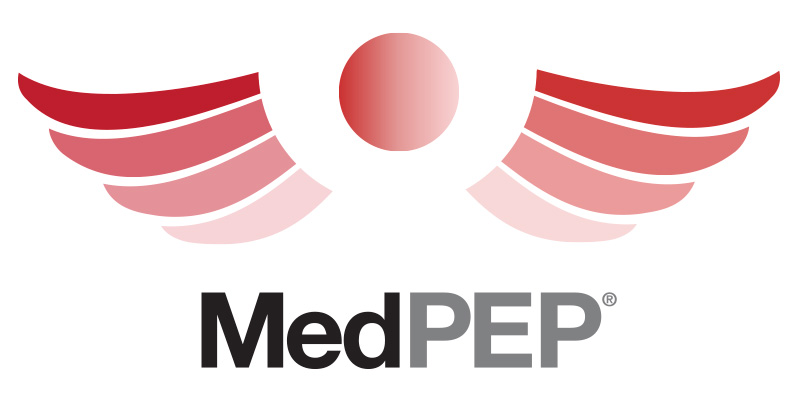Following up on her conversation with Marie on conflict management, a second conversation with Dr. Jo Shapiro focuses on her hospital’s model peer-support program. There, clinicians facing emotionally stressful situations such as safety events, trauma and traumatic losses, malpractice suits, and medical board complaints are offered the opportunity to meet with trained peers, who help them to express and normalize the complex feelings that arise in these situations. Jo demonstrated the Brigham’s peer support paradigm by asking Marie to talk about an adverse outcome that continues to weigh on her. Marie, Dr. Schwab and Dr. Shapiro proceed to have a moving conversation about the so-called “ghosts” who from time-to-time haunt the memories of many, if not most, practicing physicians. The discussion clarifies the essential differences between informal and formal peer support, and between peer support and psychotherapy. As Marie talks freely about one of her “ghosts,” the relief she experiences in doing so is palpable. Dr. Shapiro asserts that peer support can actually make a physician more resilient after a stressful event, diminishing the psychological wear and tear that may lead to burnout and depression. She shares her conviction that the medical profession should universalize programs of this sort to meet the human needs of dedicated professionals who frequently face significant occupational stresses.
Read moreStreet Address
City, State, Zip
Phone Number
the Medical Professionals Empowerment Program – a PHS podcast
Your Custom Text Here

